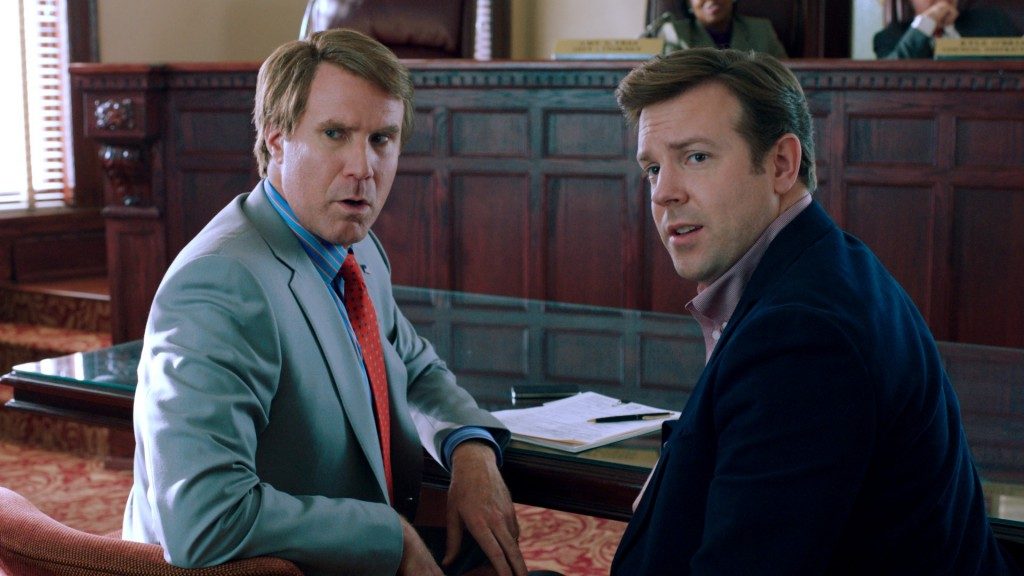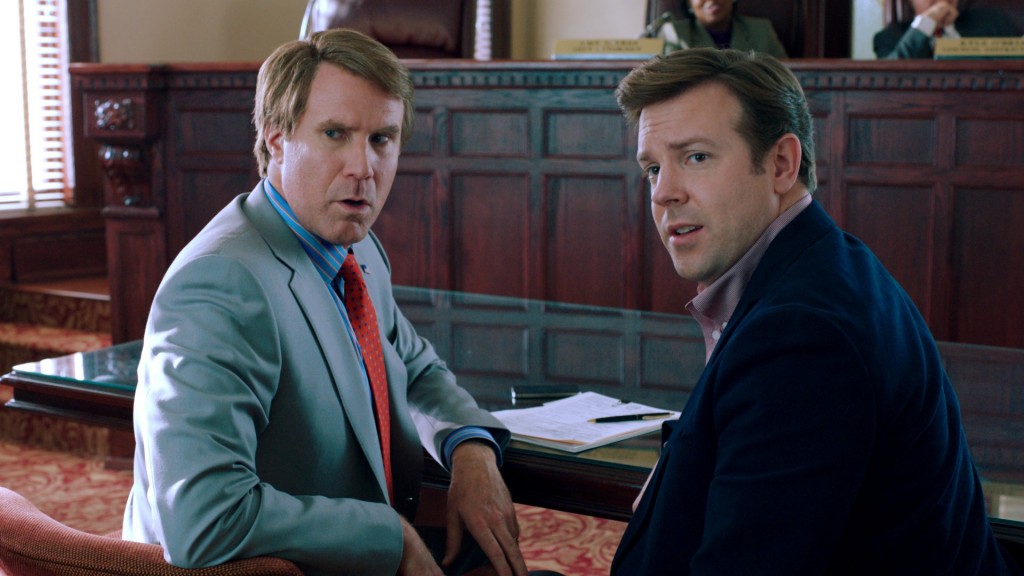
A film review of ‘The Campaign’
By JP, Contributor
Despite some unnecessary vulgarity, The Campaign (2012) manages to subtly and unabashedly satirize modern US politics, as its well-acted characters caricature witless politicians and greedy corporate funders. At a time when politics south of the border are more absurd than ever before, this mediocre comedy from the 2012 election year is worth viewing.
The chronology of the film satirizes the principle aspects of the modern American campaign that make it so fake, in the slogans, the debates, the political talking points, and the funding. As an example, congressman Cam Brady, played by Will Ferrell, opens the film by revealing that his slogan of “America, Jesus, and freedom” means nothing to him, but is beloved by the people who elected him.
The most notable satire in the film is direct. The Koch brothers, prominent political donors in the past several American election cycles, are directly mocked with the characters of the creatively named Motch brothers, who manipulate politics to satiate their corporate greed. Infamous Wall Street giant Goldman Sachs is explicitly mentioned in a fundraising dinner scene that reveals Congressman Brady and his wife to be an ambitious and greedy political couple willing to do anything for campaign finances.
This simple, uncomfortable truth that corporate money plays a significant role in American politics is summed up by a quote from the film’s Motch brothers: “When you’ve got the money, nothing is unpredictable.” Per the Washington Post, the political campaigns of Hillary Clinton and Donald Trump in 2016 cost nearly $2.5 billion combined. It is the anger people have with this political financing that made 2016 such a surprising campaign year, with the unexpected success of Bernie Sanders and Donald Trump.
The acting forms one of this comedy’s strengths. Zach Galifianakis plays Marty Huggins, whose troubled relationship with his wealthy and politically-influential father is somewhat reminiscent of the relationship between John F. Kennedy and his rich and clout-carrying father, Joe Kennedy. This marks one of the subtler lampoons in the film.
The supporting acting is also quite decent, most notably with the two campaign manager characters, and the spouses and children of the two protagonists. Other characteristics of modern American politics that the film examines are the fakery of political debates, and the conspiracy-fuelled mudslinging that can occur in campaign advertising.
In short, despite the occasionally funny—and occasionally crude—vulgarity, The Campaign successfully lampoons American politics.

